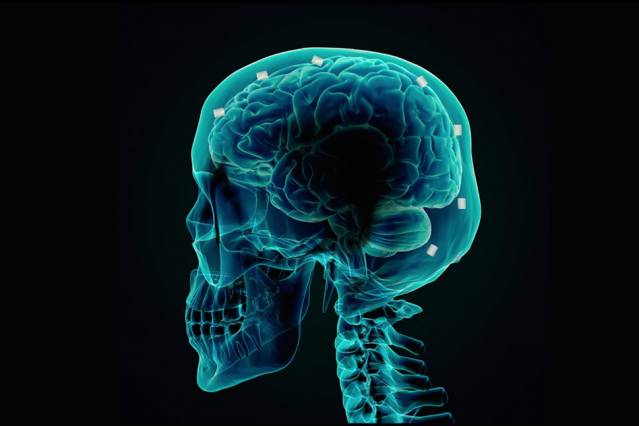Headache is sometimes the only symptom of brain tumors, says reports in Neurosurgery
Recent guidelines seeking to reduce the use of neuroimaging tests for patients with headaches run the risk of missing or delaying the diagnosis of brain tumors, according to a special article in the January issue of Neurosurgery, official journal of the Congress of Neurological Surgeons. The journal is published by Lippincott Williams & Wilkins, a part of Wolters Kluwer Health.
Neurosurgeon Dr. Ammar H. Hawasli and colleagues of Washington University School of Medicine, St. Louis, give their perspective on recent guidelines suggesting limited use of CT scans and other neuroimaging tests for patients with headache. “Although the intentions are laudable,” Dr. Hawasli and coauthors write, “these guidelines are inconsistent with the neurosurgeon’s experience with patients with brain tumor.”
Guidelines Seek to Limit Neuroimaging for Headaches?
Reducing the use of neuroimaging for patients with headaches has been one focus of recent initiatives seeking to limit the use of unnecessary and costly medical tests. The issue is an important one, as headaches are a common reason for physician visits.
In most cases, migraine and other types of headache can be diagnosed in the doctor’s office, without any special tests. “Nonetheless, neuroimaging in the United States between 2007 and 2010 for migraines and headaches approached $1.2 billion,” according to Dr. Hawasli and colleagues.
Several groups have proposed guidelines to limit the neuroimaging for headache. For example, the “Choosing Wisely” guidelines developed by the American College of Radiology and Consumer Reports, include the recommendation, “Don’t do imaging for uncomplicated headaches” – that is, most common types of stable headache, without any neurological abnormalities.
However, from their experience in treating patients with brain tumors, Dr. Hawasli and coauthors raise concerns about this recommendation. “Specifically, patients with brain tumors may present with isolated headaches in the absence of other neurological symptoms and signs,” they write.
Raising Concerns over Missed Brain Tumor Diagnosis
To illustrate that point, they analyzed a series of 95 patients with a confirmed diagnosis of brain tumor at their department. Nearly half of patients had a combination of symptoms, such as seizures, cognitive and speech dysfunction, or other neurological abnormalities. However, about one-fourth had isolated headaches, no symptoms, or nonspecific symptoms.
In 11 patients, headache was the only symptom of brain tumor. Four of these patients had new-onset headaches that would have qualified them for neuroimaging under recently proposed guidelines.
The remaining seven patients had migraine or other types of headache for which imaging may not have been performed under the proposed “Choosing Wisely” guidelines. Depending on which set of recent recommendations had been followed, neuroimaging would have been delayed or never performed in three to seven percent of patients with brain tumors.
That could have important implications for patient outcomes, as early diagnosis of brain tumors enables prompt treatment and a wider range of surgical options. “We support careful and sensible use of neuroimaging in which physicians exercise excellent clinical judgment to reduce waste in the medical system,” Dr. Hawasli and coauthors write.
They highlight the need for further research to develop “accurate and viable” guidelines on neuroimaging for headaches. The authors conclude, “Unvalidated guidelines to prevent neuroimaging in patients with headaches may reduce the perceived global economic burden at the expense of medical errors, delayed diagnoses, and inferior outcomes for patients with brain tumor.”
If our reporting has informed or inspired you, please consider making a donation. Every contribution, no matter the size, empowers us to continue delivering accurate, engaging, and trustworthy science and medical news. Independent journalism requires time, effort, and resources—your support ensures we can keep uncovering the stories that matter most to you.
Join us in making knowledge accessible and impactful. Thank you for standing with us!

